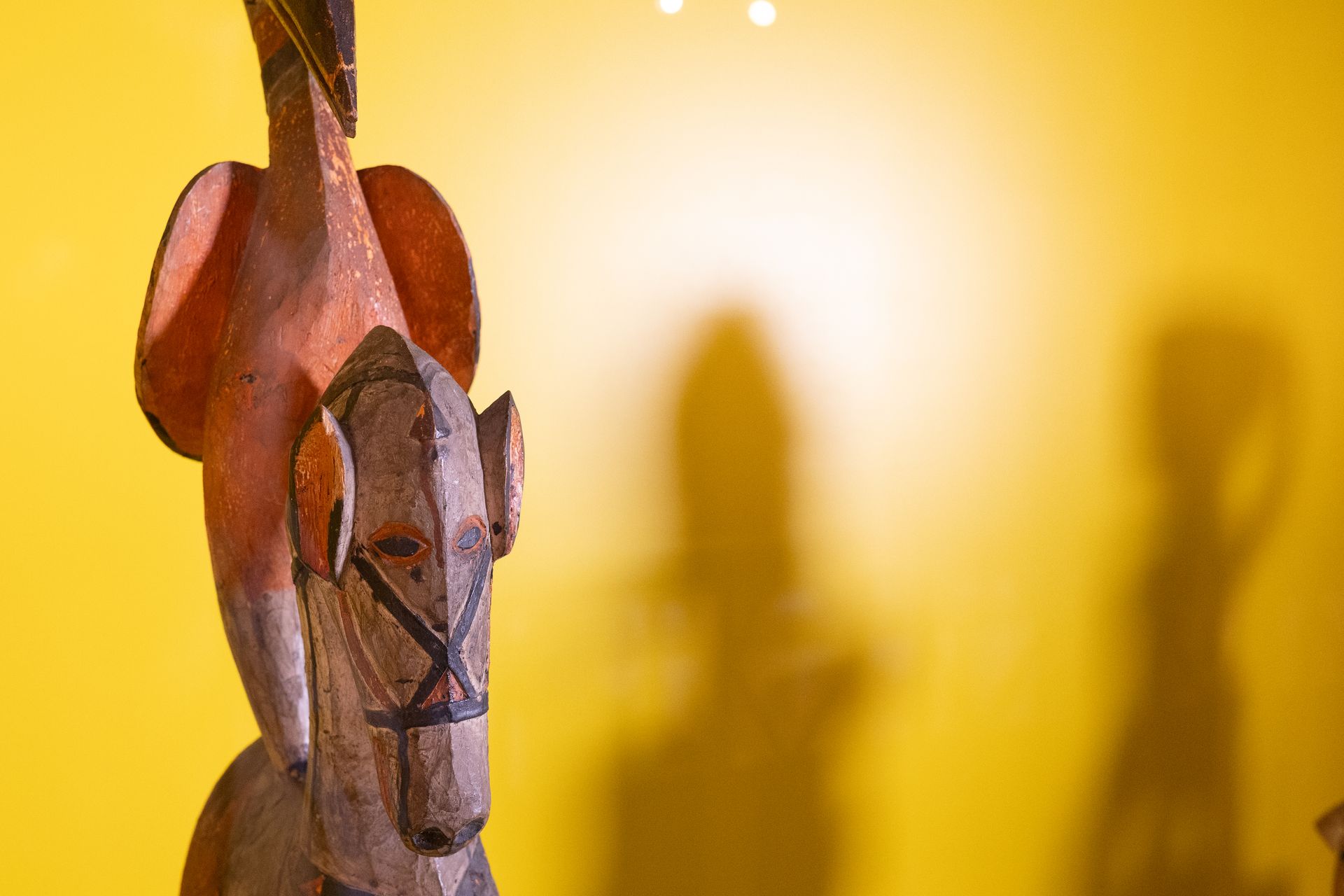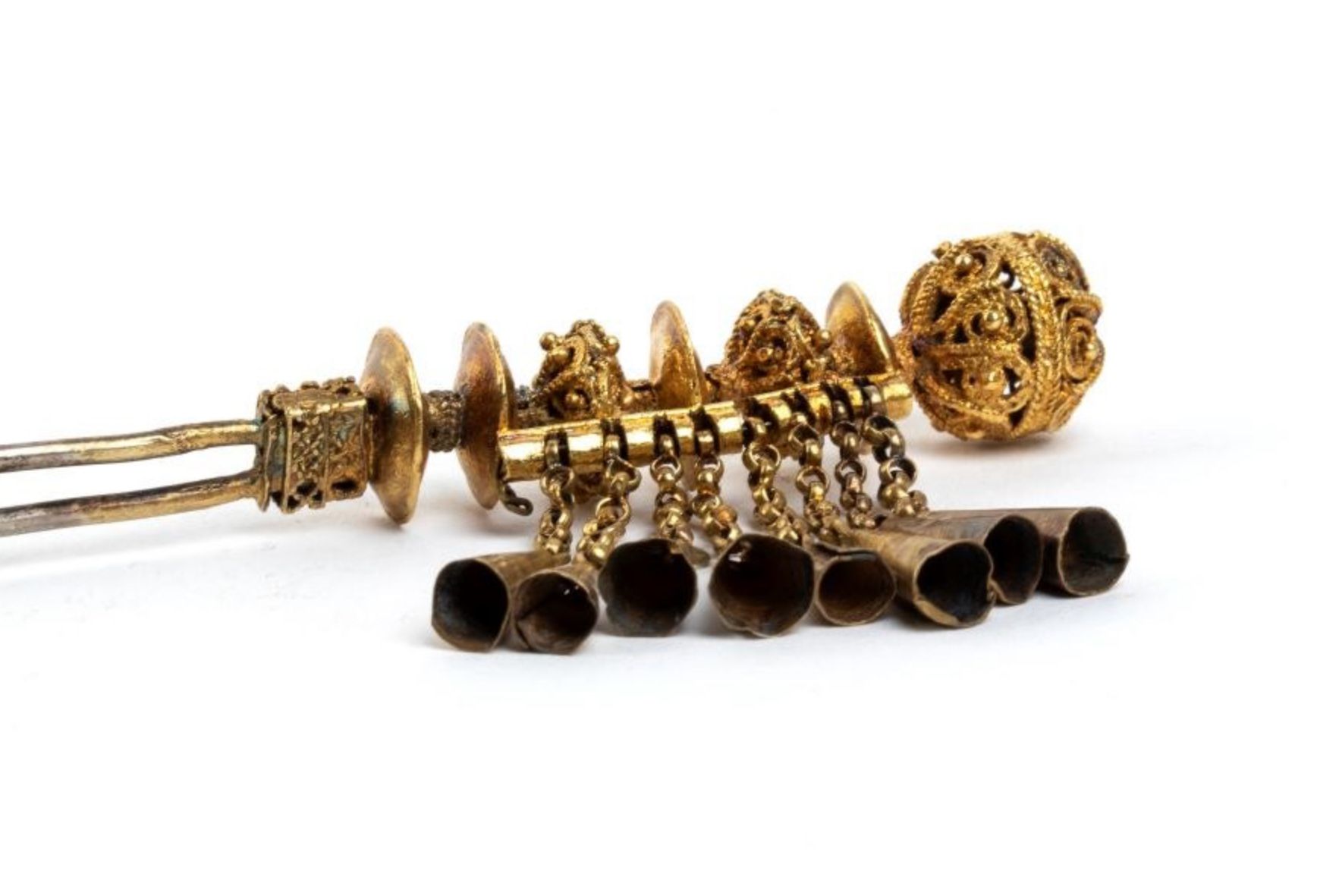Cultural Restitution
SHARE ARTICLE
Each year’s 'State of the African Art Market' survey throws a spotlight on collecting patterns for ‘classic’ African art.
The survey conducted for the online magazine ÌMÒ DÁRA is based on 230 responses received from collectors, dealers and academics in 26 different countries. It was set up to review the marketplace for 'classic' figures, masks, sacred and other utilitarian objects associated with specific African tribal cultures. However, in recent years, it has shown an increasing trend towards collecting contemporary African art.
I read it to understand whether collectors are more or less concerned about the origins of the objects they’ve added to their collections in the past twelve months. I’m curious to know whether an object's aesthetic value is more important than its provenance; I particularly want to know whether trafficking in Africa’s cultural heritage is a larger or smaller problem than in previous years?
However, this year's findings reveal precious little new information and don’t merit too much attention – unless you’re a dealer.
It won’t come as a surprise that the Covid-19 pandemic affected all the sector's regular channels and patterns of business. As a result, much of this year’s survey focusses on the experience of collectors who, willingly or not, were very largely forced online. Many found it a chastening experience, as 34% of those who said they bought online last year without seeing the object first regretted it when they took delivery.
What do collectors in this sector look for when they make a purchase? Well the overwhelming number (69%) place the aesthetic qualities of the object ahead of any other selection criteria. Apparently, proof of authenticity seems much less important to these collectors. Only 38% of them said they prioritise authenticity; even fewer (30%) said that provenance is their priority. All this is bad news for reputable dealers, but good news for unscrupulous others and especially those who conduct their sales online.
Collectors across the tribal art marketplace have always wrestled with the concept of ‘authenticity’. Does an ‘original’ object have to be used? Does it even have to be old? A collectible object could be 200 years old, or it could be just 20 years old. What matters to collectors in this sector of the art market is more about whether it looks the part than its intrinsic cultural value: 81% of those surveyed gave aesthetic value as their top reason for collecting African art, compared with just 57% of collectors who cited the object’s cultural value as their top reason for collecting.
Passion clearly overrides financial speculation when collecting classic African art – a very different experience from other areas of fine art collecting, where financial performance is tracked like a stock exchange index and investment by the novice is encouraged. For example, only 3% of the collectors surveyed said they were looking to make a quick profit. A few more, but not many (6%), said they bought for investment diversification.
Collectors are fairly evenly divided about the future availability of top quality works once post-pandemic business resumes. Many of the more significant tribal objects that have appeared at auction in recent years left Africa before the 1970 UNESCO Convention. Almost none have been subject to restitution claims. This leaves the way clear for experienced collectors with deeper pockets to upscale their collections without risk of having to return objects to source communities.
Photo: Yoruba hen, Nigeria
Courtesy of Private Collection, Paris
More News



